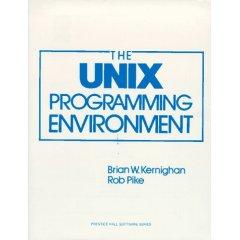Soldato
- Joined
- 18 Oct 2002
- Posts
- 8,357
- Location
- The Land of Roundabouts
I think people see there desktop as the entire "PC Market" (of which Linux has a very small foot print) and dont see the much bigger spectrum of uses for computers.
Linux may have very little use on the desktop but for everything else you will find Linux in one guise or the other.
A few example that use the Linux kernel beyond your average desktop.
The Wii
Google Android
Apple OS (ok its based on Unix)
Various routers
Tomtom's
+ Many many other items.
I think its more of a case of how will Windows beat Linux outside the Desktop market
Linux may have very little use on the desktop but for everything else you will find Linux in one guise or the other.
A few example that use the Linux kernel beyond your average desktop.
The Wii
Google Android
Apple OS (ok its based on Unix)
Various routers
Tomtom's
+ Many many other items.
I think its more of a case of how will Windows beat Linux outside the Desktop market




